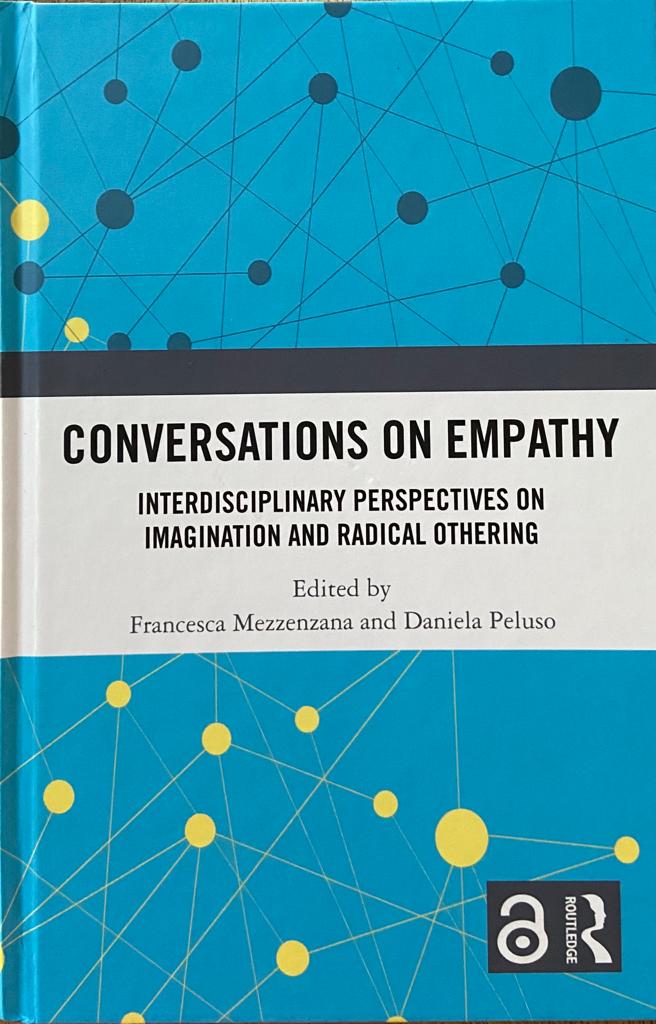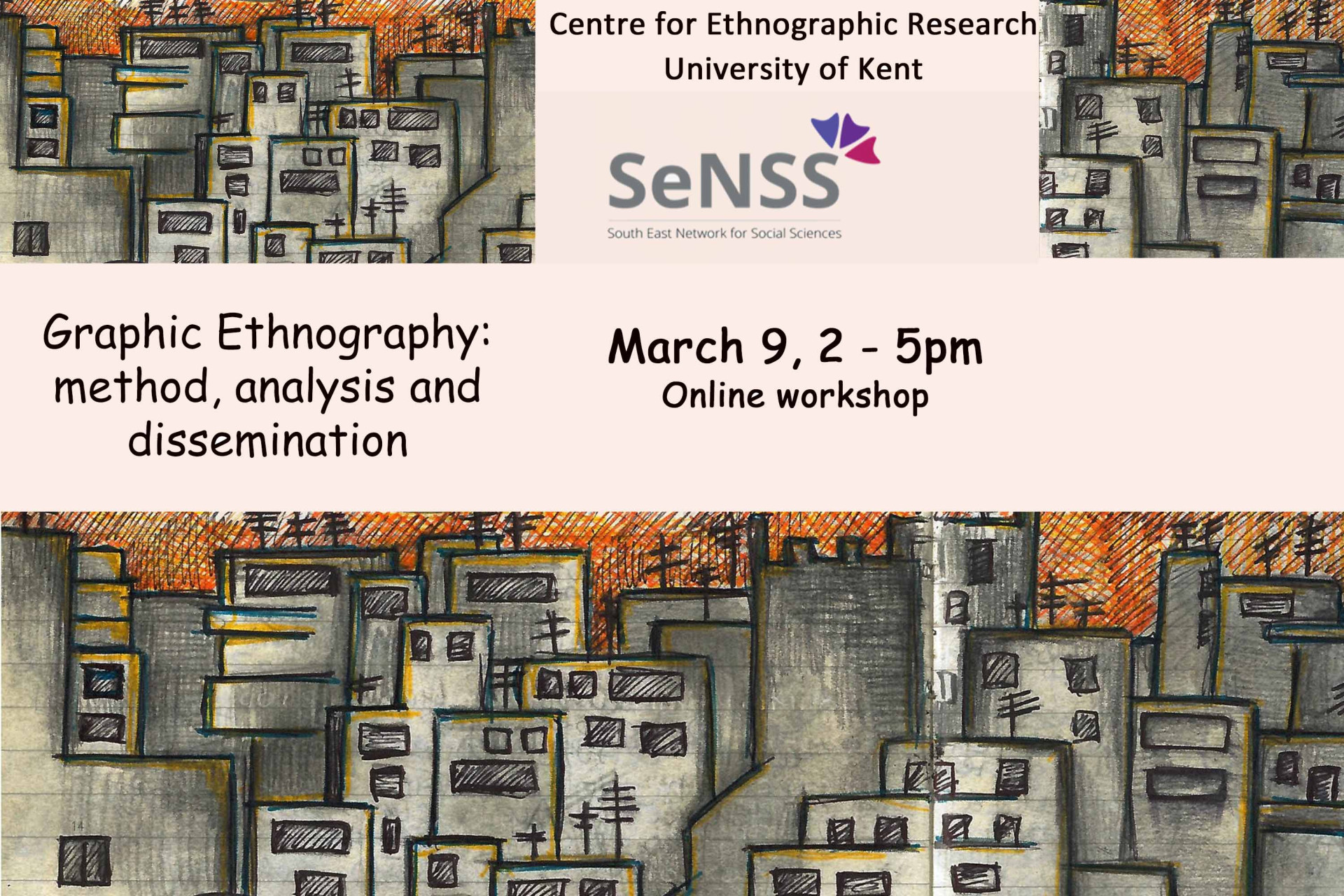We pay particular attention to ethnographic practice, including innovations in ways of being in the field, and new modes of dissemination, representation, and impact. The Centre aims to cultivate interdisciplinary ethnographic initiatives, engage in debates about ethnographic representation, and contribute to the production of theory regarding the making of ethnography.
Conceived at the turn of the nineteenth century as a critical response to the colonial encounter, ethnography first flourished as a method of dealing with readily perceptible alterity. In the course of the twentieth century, globalisation and critical engagement have led to a kaleidoscopic explosion of alterity and a consequent diversification of ethnographic practice.
Today, ethnography is practised in the most varied areas of enquiry: across social science disciplines, in the arts, marketing, political activism, health and medical science. As an indispensable means of grappling with human diversity, ethnographic methods have become a central tool for the informed interpretation of local, as well as global, interactions. The ethnographic approach embraces multiple research possibilities and an enormous variety of themes. But most importantly, ethnography continues to change. The Centre for Ethnographic Research aims to play a significant role in this transformation.






